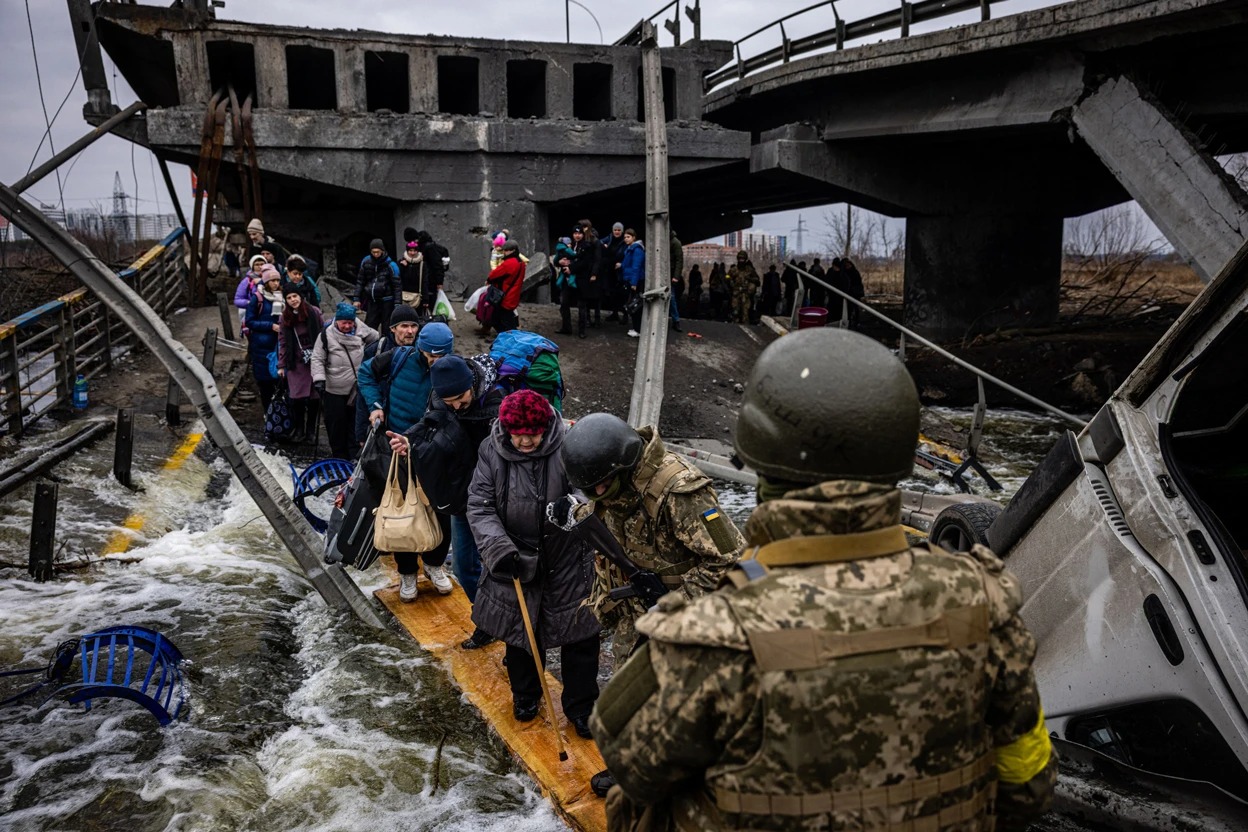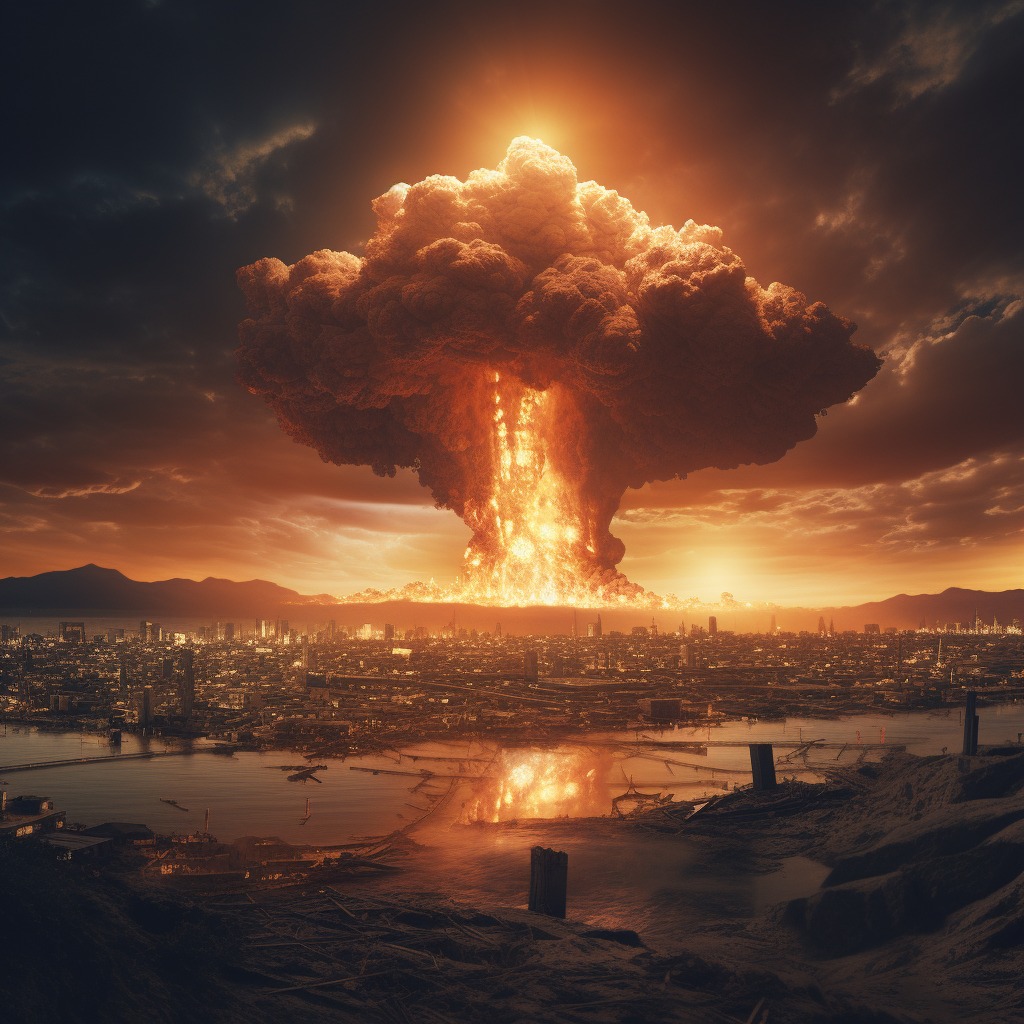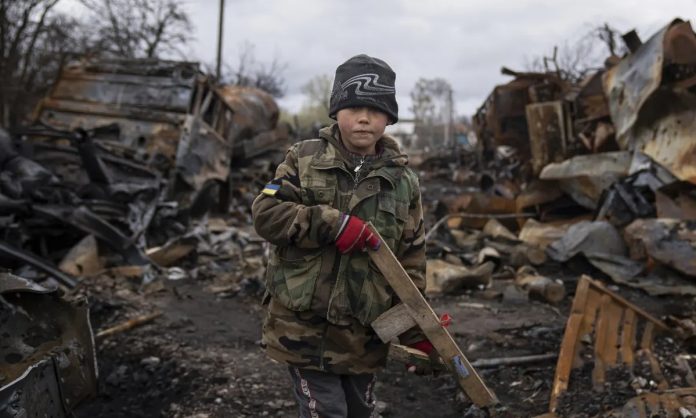Somali Magazine – Over one year ago, Russia invaded Ukraine, sparking the largest European conflict since World War II. The war has had a devastating impact on Ukraine, with millions of people displaced and thousands killed. It has also significantly impacted on the global economy, causing energy prices to soar and disrupting supply chains.
Some of the factors that led to this most recent and most severe Russia-Ukraine conflict include:
• The rise of nationalism in Russia and Ukraine: Both Russia and Ukraine have seen a rise in nationalism in recent years. This has led to increased tensions and hostility between the two countries.
• The role of the media: The media in both Russia and Ukraine has played a role in stoking tensions and promoting hatred between the two countries.
• The role of social media: social media has been used by both sides to spread misinformation and propaganda about the war.
 The war’s key impacts on the world:
The war’s key impacts on the world:
A global food crisis: Ukraine is a major exporter of wheat and other agricultural products. The war has disrupted Ukraine’s agricultural production and exports, leading to a global food crisis. The World Food Programme has warned that up to 323 million people could face acute food insecurity in 2023 due to the war.
A global energy crisis: Russia is one od the world’s biggest exporter of oil and gas. The war has led to sanctions on Russia and a disruption to Russia’s energy exports capability, causing energy prices to soar.
The global energy crisis has had a particularly negative impact on developing countries and countries without reserves or deposits, which are struggling to afford high energy prices.
A refugee crisis: The war in Ukraine has displaced millions of people.
The United Nations High Commissioner for Refugees (UNHCR) estimates that over 7.6 million people have fled Ukraine since the war’s onslaught. Most of the refugees have fled to neighbouring countries, such as Poland, Romania, and Hungary.
A security crisis: The war in Ukraine has raised concerns about a wider conflict in Europe. Russia has made it clear that use nuclear weapons is not off the table should it feel threatened by the West. The war has also led to a buildup of NATO forces in Eastern Europe making an already delicate situation even more delicate.
The war’s impact on the global economy.
The war has caused energy prices to soar and disrupted supply chains. This has led to inflation and slower economic growth around the world.
The international community has responded to the war in Ukraine by imposing sanctions on Russia and providing military and financial assistance to Ukraine. The sanctions have had a significant impact on the Russian economy, but they have not yet forced Russia to withdraw from Ukraine. The military and financial assistance has helped Ukraine to defend itself against Russia’s invasion, but it is not clear how long Ukraine can hold out against a much larger and more powerful Russian military and how long the world can afford to keep up its support.
The war in Ukraine is a major challenge for the international community. The war is having a devastating impact on Ukraine and the global economy. The international community needs to continue to support Ukraine as well as work to end the war as soon as possible.
Here are some things that the international community can do to support Ukraine and end the war:
• Continue to provide military and financial assistance to Ukraine.
• Increase sanctions on Russia.
• Work to mediate a peace agreement between Russia and Ukraine.
• Provide humanitarian assistance to the people of Ukraine.
The war in Ukraine is a complex and challenging conflict. There is no easy solution. However, by working together, the international community can help to end the war and support the people of Ukraine.

